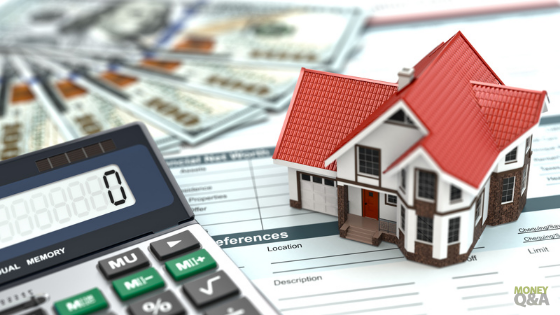
Buying a home will likely be the most significant investment you ever make. You must take the time to consider all of the financial responsibilities that go into homeownership before signing on for a mortgage. It is a mistake to take on a mortgage that is too much for your budget, leaving you vulnerable to financial hardship. There are many budgeting tips to help.
Mortgage brokers tend to issue pre-approvals that don’t take factor in the many expenses of owning a home. If you are shopping for homes based on your pre-approval amount, you could be taking on too much of a financial burden. There are many other costs beyond your mortgage payment that need to be factored into your budget.
Budgeting Tips for First-Time Home Buyers
When you work with a professional lender like Geelong Home Loans, you need to be clear about a realistic budget for your mortgage. Let’s take a look at a few budgeting tips that will help you create an affordable mortgage budget for the home of your dreams.
28% Rule
One of the easiest ways to avoid becoming “mortgage poor” is to calculate your mortgage payment using the 28% rule. This calculation takes your income and deducts your expenses to leave you with a mortgage rate that will be manageable. The most common mistake that first-time buyers make is buying a home that they can barely afford without considering the other expenses that come with homeownership.
Your mortgage lender will calculate your debt-to-income ratio to determine how much money they are willing to lend. Generally, banks will not issue a loan with a higher than 43% ratio. Staying under the 28% rule is the best way to stay on budget with a home that you can afford without hardship.
Down Payment
The size of your down payment should be the primary deciding factor in the home that you buy. Most lenders prefer to get a 20% down payment on a mortgage loan. You can put down less money, but you will need to take on private mortgage insurance that will increase your monthly payments.
If you haven’t saved enough to cover at least 20% of the cost of a home, then it’s likely that you are searching outside of a price range that will keep you financially comfortable.
Home Expenses
The cost of owning a home goes beyond your monthly mortgage payment. Homeownership has many recurring expenses, including insurance, property taxes, utilities, and maintenance. A house that may have seemed affordable based on the mortgage payments might be well out of your budget once the rest of your expenses are factored in.
Size Matters
Buying a big home isn’t always better when it comes to your budget. Larger homes may be luxurious but can also leach your budget with operating expenses. Larger homes cost more to heat, use more energy, have higher taxes, and require more insurance. Keep your needs in the forefront of your mind instead of your wants when choosing the size of your home.
Buying your first home is a worthy accomplishment that can quickly turn into a financial nightmare if you exceed a realistic budget. Follow these tips to help you construct a solid mortgage budget for buying your first home.
